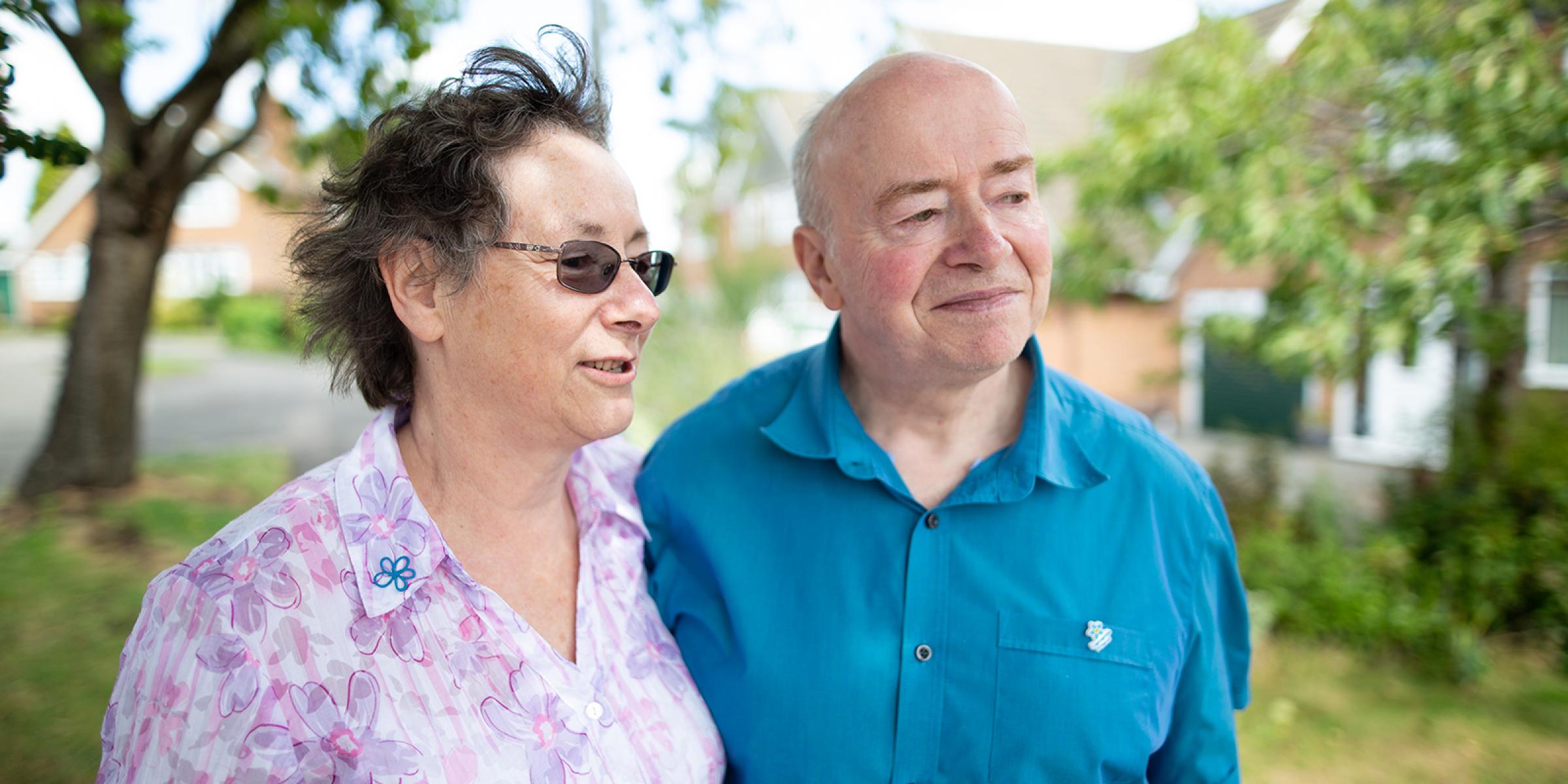
A voice in research: Alzheimer’s Society turns 40
In our 40th year, we speak to Research Network volunteers, who draw on their experiences of dementia to help improve research.
Alzheimer’s Society was formed in 1979 to provide support and raise awareness, and we’ve championed research from the outset.
Through our Research Network, people affected by dementia contribute to every stage of research into the condition.
Established in 1999, the network now includes over 280 carers, former carers and people with dementia. They play an active role in deciding what research we fund, as well as monitoring ongoing work and sharing results.
‘When the Research Network first launched, the idea of patient and public involvement in dementia was barely acknowledged,’ says Barbara.
Barbara Woodward-Carlton, whose mother had Alzheimer’s, is a founding member of the network and has seen huge change over the years.
‘When the Research Network first launched, the idea of patient and public involvement in dementia was barely acknowledged,’ she says.
‘As our reputation grew, Research Network volunteers have had many more opportunities to be involved with projects funded by other organisations.’
Research Network volunteering
Help decide which dementia research should be funded.
Take back power
Paul Gill was diagnosed with frontotemporal dementia in March 2013. After being supported by the Society, he and his wife Kathy decided to give something back by joining the Research Network.
‘It’s so empowering for both of us,’ says Paul. ‘We have a voice and can use our experiences to create real change for others. It helps us to feel respected, valued and useful, which people with dementia don’t always get to feel.
‘We have a voice and can use our experiences to create real change for others,’ says Paul
‘It gives us the opportunity to take power back from the disease that’s threatening to take so much from us.’
Kathy, who is also a Dementia Friends Champion, adds, ‘We really feel like we are making a contribution to society.’
Open to all
The Research Network will work with the recently established UK Dementia Research Institute, a key feature of our current strategy. You don’t need any qualifications, scientific knowledge or research experience to volunteer.
‘We want people from all backgrounds and communities to join our vibrant and active network,’ says Anna-Louise Smith, Research Engagement Manager.
‘More and more researchers are including people affected by dementia in their research, because they understand that it’s the right thing to do and improves the quality and relevance of their work.’
‘We want people from all backgrounds and communities to join our vibrant and active network,’ says Anna-Louise.
Looking ahead, Barbara believes the Research Network will continue to help bring about better dementia knowledge and support.
‘Good quality, evidence-based research improves the quality of life of those with the condition and their carers,’ she says.
Anna-Louise says, ‘Together, researchers and people affected by dementia can ensure that research will have the best chance of making a meaningful difference to people’s lives.’

